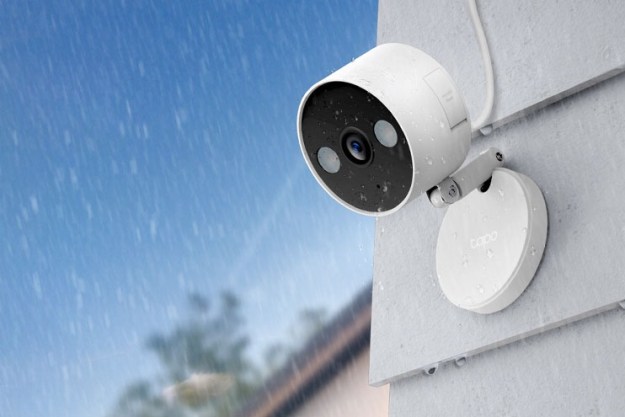Facing pressure from European nations and other market forces to open up its iTunes store or at least license its FairPlay DRM technology to other companies, Apple CEO Steve Jobs has made an unusual move: he’s published an open letter, “Thoughts on Music” in which be says Apple would get rid of digital rights management technology “in a heartbeat” if only record companies would let it sell unprotected music.
In the letter, Jobs outlined three possible paths forward for the digital music industry:
- The industry could stick with the current model, with DRM technology “protecting” media and irritating consumers.
- Apple could license FairPlay to competitors, potentially enabling them to build devices and services compatible with protected media purchased from iTunes.
- The industry could get rid of DRM entirely and sell music in open, licensable formats.
Jobs notes that DRM was one of the requirements of the big four record labels (Sony BMG, EMI, Warner Music, and Universal) when Apple sparked the digital music industry with the iTunes Music Store: since those four labels distribute some 70 percent of the world’s music, the industry needed to have them on board if the business was to go anywhere. Those labels haven’t altered their stance: if their music is going to be sold digitally, it must be protected. So Apple (and other online music vendors) employ DRM systems to deter copyright infringement.
Jobs concludes that licensing FairPlay to others would ultimately do more harm than good, even if some consumers benefitted from increased interoperability and Apple earned some money from licensing the technology. Jobs’ stance: ultimately, licensing FairPlay means the details of the technology will leak. That means tools which cripple and strip FairPlay-encoded media of its protections will run rampant, and Apple will be unable to move quickly to stop the bleeding. Ultimately, that would undermine the entire industry, and Jobs says Apple has refused to license FairPlay to prevent this scenario, and speculates that might be why Microsoft abandoned Windows DRM in its Zune media player.
The third option—getting rid of DRM entirely—”is clearly the best alternative for consumers, and Apple would embrace it in a heartbeat.” The problem? Those big four record labels. Jobs notes that these music companies are selling 90 percent of their music without DRM already (in the form of audio CDs), and wonders what benefit they get from requiring DRM on downloadable music. Jobs then goes on to urge consumer and music listeners—particularly in European countries—to stop hassling Apple over its use of DRM technology, and get to work on convincing the record labels that a DRM free digital music market would ultimately be to their benefit. Apple would embrace a DRM-free market “wholeheartedly.”
Jobs’ public letter is an interesting move for a leading figure in the digital media industry, and the sort of thing one would generally like to encourage amongst the movers and shakers of the world. However, it’s implication that he (and Apple) are somehow powerless to influence the big four record companies falls a little flat. After all, Apple and Jobs are the ones who convinced the labels to take their content online, and has held them to uniform pricing despite much grumbling. As Jobs notes, only about three percent of the content on an average iPod is purchased via iTunes, and the record companies’ mandate for protection has essentially shown that DRM systems don’t work as a way to combat music piracy. Perhaps consumers are trying to vote with their feet by purchasing 2 billion online tracks during 2006, and Apple could help the record companies add two and two behind closed doors, where the world doesn’t have to see them counting on their fingers.


